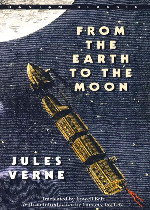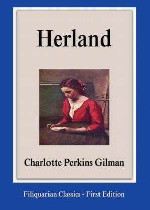
From the Earth to the Moon(从地球到月球) 立即阅读
From the Earth to the Moon (French: De la terre à la lune) is an 1865 novel by Jules Verne. It tells the story of the Baltimore Gun Club, a post-American Civil War society of weapons enthusiasts, and their attempts to build an enormous Columbiad space gun and launch three people—the Gun Club's president, his Philadelphian armor-making rival, and a French poet—in a projectile with the goal of a moon landing. The story is also notable in that Verne attempted to do some rough calculations as to the requirements for the cannon and, considering the comparative lack of any data on the subject at the time, some of his figures are surprisingly close to reality.

A collectior of 24 short stories: The World and the Door; The Theory and the Hound; The Hypotheses of Failure; Calloway's Code; A Matter of Mean Elevation; Girl; Sociology in Serge and Straw; The Ransom of Red Chief; The Marry Month of May; A Technical Error; Suite Homes and Their Romance; The Whirligig of Life; A Sacrifice Hit; The Roads We Take; A Blackjack Bargainer; The Song and the Sergeant; One Dollar's Worth; A Newspaper Story; Tommy's Burglar; A Chaparral Christmas Gift; A Little Local Colour; Georgia's Ruling; Blind Man's Holiday; and Madame Bo Peep of the Ranches.

Herland is a utopian novel from 1915, written by feminist Charlotte Perkins Gilman. The book describes an isolated society composed entirely of women, who reproduce via parthenogenesis. The result is an ideal social order: free of war, conflict, and domination. It was first published in monthly installments as a serial in 1915 in The Forerunner, a magazine edited and written by Gilman between 1909 and 1916, with its sequel, With Her in Ourland beginning immediately thereafter in the January 1916 issue. The book is often considered to be the middle volume in her utopian trilogy; preceded by Moving the Mountain, and followed by, With Her in Ourland. It was not published in book form until 1979.